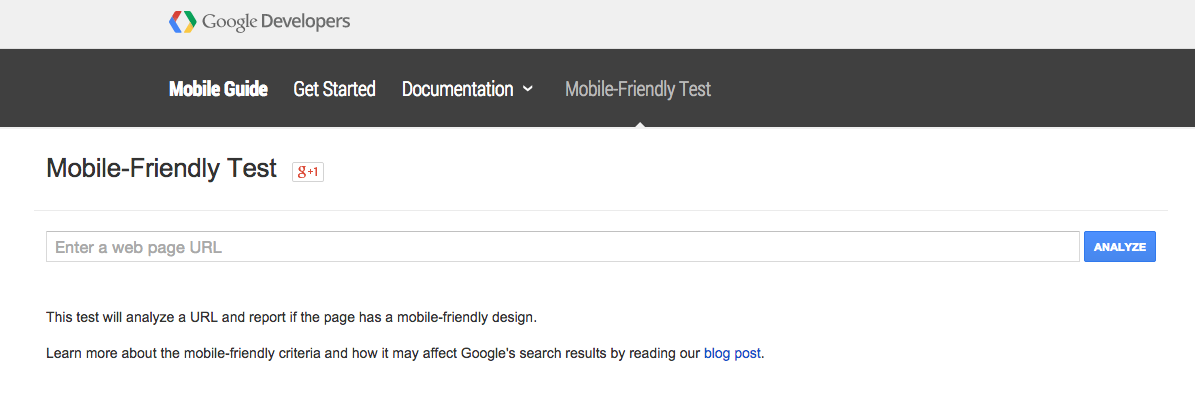On April 7th 2015, Google issued a two-week warning on their Mobile Algorithm change during our Google Alliance call. Their take is that mobile device information technology and uptake has grown phenomenally making the factor of whether a website is mobile-friendly or not crucial. Google’s Mobile search algorithm update will not affect paid searches significantly; however websites that are mobile-friendly will have a significantly higher ranking on quality scores compared to those that are not. In an official statement, Google stated that the algorithm update would apply to all mobile searches all over the world and all languages. They also stated that the algorithm would operate in real time. The update will take effect on April 21st, which will be two weeks since the warning was issued.
This latest update will have an effect on about 78% of businesses whose websites are not mobile-friendly. It will have a greater impact than the previous Penguin and Panda updates which caused quite a bit of upheaval as website owners run around making major changes to their websites to comply. Event mobile-friendly websites will be affected. Google’s Mobile search algorithm update stipulates that websites must be not just mobile-friendly but mobile-friendly on all devices. This makes a difference because even if your website shows up crisp and clear on cell phones when organic searches are done, this may not be the case with other mobile devices like tablets, iPads and others which have larger screens. Enter your website’s address into Google’s Mobile-Friendly Test and it will let you know if your site is mobile-friendly or not.

It has not yet been confirmed but it is believed that Google will launch a new mobile crawler, most likely with an Android user-agent. The aim is for a crawler that can perform better when it comes to crawling single-page web applications, Android application and perhaps Deep Links in iOS applications. The guidelines that were given with the warning focus on exposing CSS and JS since Android applications are built in Java and one-page web apps are heavily dependent on JavaScript for smooth and fast app-like experience.
Another reason why a new-mobile index for the new crawler makes sense is that Google wants to index and rank app content as well as deep links to screens in apps without necessarily factoring them into the desktop algorithm or slowing it down with content that shouldn’t ever rank in a desktop search.
For all website owners and developers, the clock is ticking towards 21st April so all hands on deck to toe Google’s latest update!






